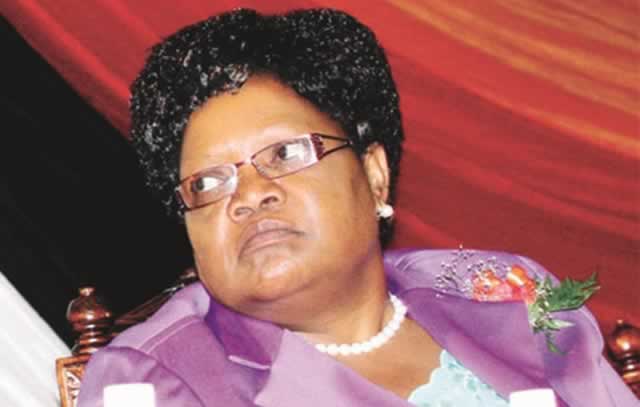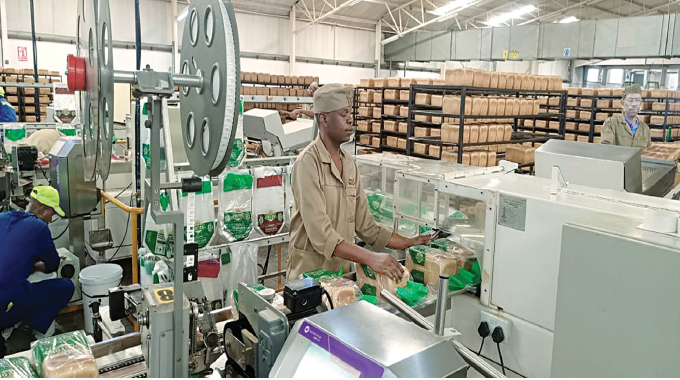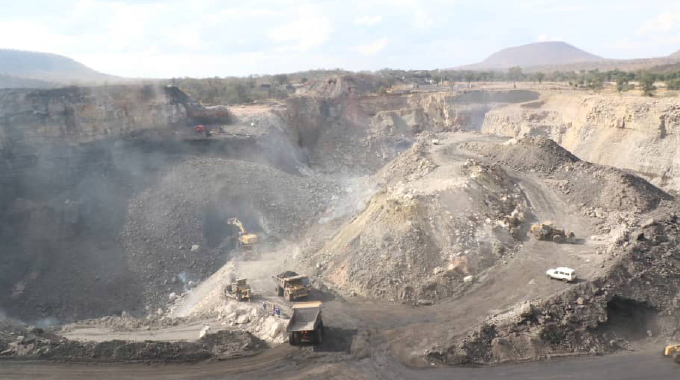Southern Africa could realise $48bn in power savings: SAPP

 Happiness Zengeni Harare Bureau
Happiness Zengeni Harare Bureau
A saving of over $48 billion could be realised in the southern Africa region if all the electricity generation projects, which are currently on the cards, are implemented in a coordinated fashion, the Southern Africa Power Pool (SAPP) has said.
Various projects with expected capacity of 27,881MW by 2018 are planned for the region. SAPP chief market analyst Engineer Musara Beta told a recent regional energy regulators conference that a master plan for the regional power market is vital as it helps to reduce capital costs by implementing least cost projects for the benefit of the region.
“It also reduces excess capacity for the pool. But more importantly savings of over $48 billion can be realised in the various projects are implemented in a coordinated fashion.” The weighted average electricity access in the region is at 36 percent with a capacity shortfall including reserves of 2,758MW.
SAPP Coordination Centre Manager Lawrence Musaba said the region firstly has to create an enabling environment for power sector investments. “This includes both the policy and legal framework as well as the regulatory framework.”
He also said it was important for the various governments to prepare projects to make them bankable.
“On this, SAPP mobilises grant funding for project preparation including project feasibility studies and works to reach financial close. There is need to ensure projects are properly prepared for financing.”
Giving examples of grant funding secured through SAPP, Musaba said the government of Norway and Sida had given a grant of $6.5 million to support competitive market development.
“Of that amount ZIZABONA (Zimbabwe-Zambia-Botswana-Namibia, Angola-Namibia (Anna) the Central Transmission Corridor (CTC) were each given $300,000.” Other grants had been secured from the Development Bank of Southern Africa, African Development Bank and the World Bank.
There is also need for governments to provide investment incentives to all investors in the power sector, both local and foreign. This could be achieved by addressing policy issues and allowing for VAT and tax exemptions for import of power equipment and machinery for a defined period.
Musaba however emphasised that political will is the most important tool in ensuring the projects come to fruition. For that reason there is need for the projects to be endorsed by the highest decision making body in the land. “Government commitment to underwrite projects provides comfort to investors.”
He also called for regional harmonisation of laws as most national legislations do not support regional executions of most projects and yet most of the projects like ZIZABONA are between countries.
According to SAPP, the planned capacity will exceed peak demand by 2016.











Comments